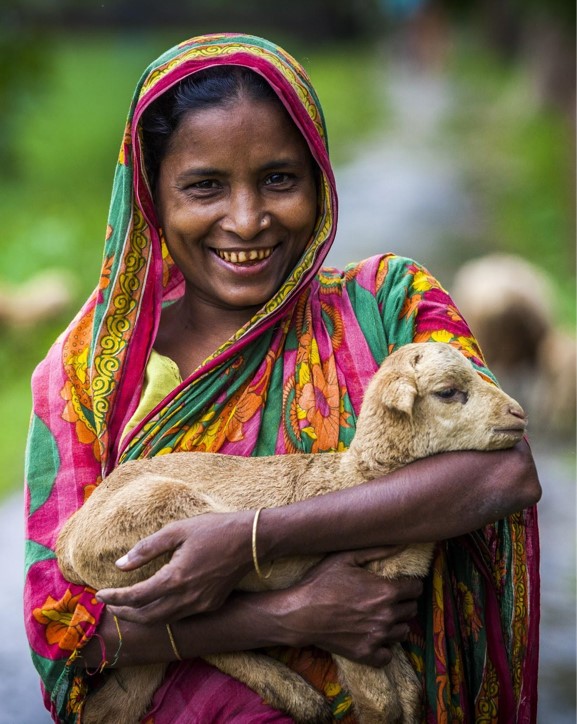
Despite a declining poverty rate, Bangladesh struggles with chronic malnutrition, weak health systems, gender inequality, inefficient governance and service delivery, and severe air pollution. Abt has tackled these and other challenges in collaboration with local partners in the public, private, and civil society sectors.
Under Feed the Future, the U.S. Government’s global hunger and food security initiative, Abt’s Bangladesh Nutrition Activity (BNA) partners with community leaders, entrepreneurs, commercial ventures, and social impact organizations within an innovative, multi-sectoral strategy spanning nutrition, agriculture, and water, sanitation, and hygiene (WASH) to improve the health of young children, pregnant and lactating women, and adolescents. BNA also supports the Government of Bangladesh’s investment strategies and policies through nutrition-sensitive implementation.
Abt has bolstered the country’s efforts to strengthen and diversify its health sector under three of USAID’s flagship global health mechanisms. Through the Local Health System Sustainability Project (LHSS), Abt teams with Bangladeshi municipalities to improve equitable access to quality primary health care services in urban environments, using a collaborative funding model. Abt also helped strengthen private sector-led health care through the Health Finance and Governance project, which informed the Ministry of Health’s health financing strategy, and the Strengthening Health Outcomes through the Private Sector (SHOPS) project, which aimed to reduce maternal and neonatal mortality.
Our work in Bangladesh includes a focus on the environment and sustainable use of natural resources. USAID’s CEADIR project harnessed Abt’s expertise in renewable energy development and climate finance to address the threat climate change poses to Bangladesh’s wetlands, forests, and communities.







